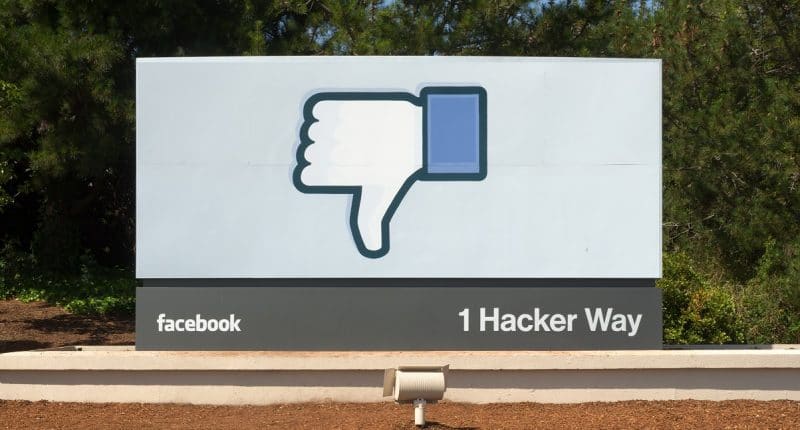Social Media, a place which started out as a place for users to engage and form relationships, has turned into something much more complicated over the last few years. Today, it holds unprecedented power, and while leaders around the world are trying to put a check on it, their efforts have failed so far. Facebook, which is often deemed as the king of social media, has been at the radar of lawmakers for quite some time, and today’s report does it no favors.. The social media platform has now been accused of acting as a pawn to increase the popularity of ministers and leaders from the ruling Bharatiya Janata Party (BJP) government in India.
As per a report published in well-reputed news platform The Guardian, the popularity of one too many BJP Members of Parliament (MPs) was majorly inflated by a network of fake accounts, operable on the platform.
According to the report, Facebook had come across the web of fake accounts, and had had every intention to take them down, until it came to know of the involvement of a BJP MP. The Guardian also quoted Sophia Zhang, a former data scientist for the firm, and the person who uncovered the malicious network, and has since come forward to shed light on Facebook’s incompetence at managing the issue satisfactorily. She said, “It’s not fair to have one justice system for the rich and important and one for everyone else, but that’s essentially the route that Facebook has carved out.” In fact, based on a 6,600 word memo that she had written back in September last year, Facebook is very well aware of many political leaders and figures from not only India, but from across the world, who make use of such methods to inflate their popularity, and still has not taken any solid action to stop the practice.
When quizzed about these allegations, a spokesperson for Facebook was ready with a response, and said, “We fundamentally disagree with Ms Zhang’s characterization of our priorities and efforts to root out abuse on our platform. We aggressively go after abuse around the world and have specialized teams focused on this work. Over the years, our teams investigated and publicly shared our findings of three CIB (coordinated inauthentic behavior) takedowns in India. We’ve also continuously detected and taken action against spam and fake engagement in the region, in line with our policies.”
The reported data say that four different networks of suspicious accounts (which later turned out to be fake), came under Sophia’s radar as early as back in 2019, when she noticed them engaging in fake interactions, including likes, comments, and shares, with the accounts of political leaders, some of whom happened to be from the ruling BJP government. The BJP however, is not the only party under question, as the networks were also allegedly found to be interacting with some leaders from the main opposition party in India, the Indian National Congress. Zhang claims that her requests to “checkpoint” these accounts (that is, to lock the accounts until a proof of identity is provided by the account owner) remained unheeded, as Facebook took no measures to prevent the fake interactions.
Seems like Facebook really has some explaining to do, since it has been accused of showing uncalled for leniency towards the BJP.
Moreover, this is not the first time such an allegation has been made against the firm in India. In August last year, the Wall Street Journal had released a report accusing the platform of not applying its rules that pertain to violations related to hate speech, when it came to MPs and other leaders affiliated with the BJP. This led to India exec Ankhi Das leaving the company for good.





